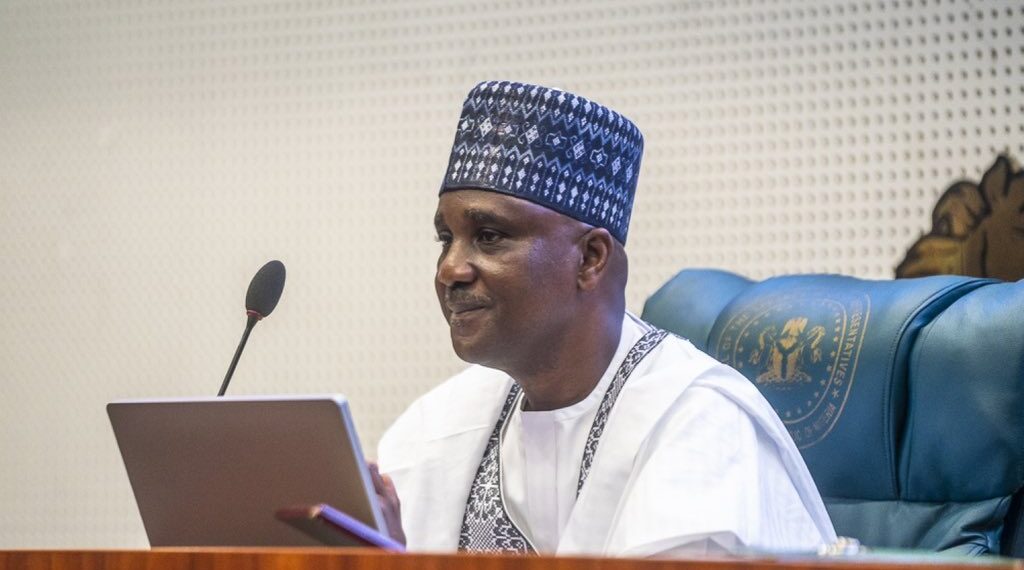Nigeria faces a significant challenge in youth unemployment and underemployment, with an estimated 55% of young people lacking the necessary technical skills to compete in the modern labor market. This skills gap is a major impediment to national economic growth and development, necessitating a renewed focus on technical and vocational education. Speaker of the House of Representatives, Tajudeen Abbas, highlighted this critical issue, emphasizing the need to equip Nigerian youth with practical skills that align with the demands of a rapidly evolving job market shaped by advancements in science, technology, and vocational fields. The traditional emphasis on theoretical knowledge is no longer sufficient in a world increasingly driven by technological innovation.
The House of Representatives recognizes the urgency of addressing this skills deficit and has placed technical education at the forefront of its legislative agenda. The goal is to ensure that technical education is not only high-quality but also readily accessible to all Nigerian youth. This commitment reflects the understanding that a skilled workforce is essential for driving economic reform, fostering innovation, and creating opportunities for young people. The current legislative efforts aim to bridge the gap between education and employment by promoting entrepreneurship, skills acquisition, and practical training, ultimately empowering young Nigerians to become self-reliant and contribute meaningfully to the national economy.
Several initiatives are underway to strengthen technical education in Nigeria. Bills are being considered to establish institutions like the Federal College of Entrepreneurship and Skills Acquisition in Zaki Biam, Benue State. This institution would provide a comprehensive curriculum focused on entrepreneurship and practical skills development across various sectors, including industry, commerce, agriculture, and other vocations. The emphasis on entrepreneurship incubation is particularly significant, offering a strategic approach to tackling youth unemployment and promoting economic growth. By equipping young people with the skills and knowledge to start and manage their own businesses, these initiatives aim to foster self-reliance, drive innovation, and create jobs within local communities.
The proposed Federal College of Entrepreneurship and Skills Acquisition is designed to not only educate students but also address broader socio-economic challenges. By fostering entrepreneurial skills and encouraging self-employment, the institution aims to reduce dependence on white-collar jobs, which are often scarce in the current economic climate. This focus aligns with the broader national strategy of promoting entrepreneurship as a driver of job creation and economic diversification. The college will also incorporate technology into its curriculum, recognizing the crucial role of technology in modern business and entrepreneurship.
Furthermore, this initiative is expected to address long-standing issues of neglect and marginalization in certain regions of the country by providing opportunities for skill development and economic empowerment within those communities. By equipping individuals with marketable skills and fostering entrepreneurial spirit, the institution aims to create a more balanced and inclusive economic landscape. This localized approach to skill development is expected to have a ripple effect, benefiting not just individual students, but their communities as a whole by stimulating local economic activities and creating new opportunities for growth.
In conclusion, Nigeria is addressing the significant challenge of youth unemployment and underemployment through a targeted focus on improving technical education and promoting entrepreneurship. The legislative push for institutions like the Federal College of Entrepreneurship and Skills Acquisition reflects a commitment to equipping young people with the practical skills and entrepreneurial mindset needed to thrive in the modern economy. These initiatives aim to create a more skilled, productive, and self-reliant workforce, driving economic growth and fostering a more inclusive and prosperous society. By focusing on practical skills development, entrepreneurship, and integration of technology, Nigeria is taking important steps towards empowering its youth and building a stronger economic future. The emphasis on local skill development and addressing regional disparities further strengthens the impact of these initiatives, ensuring broader reach and greater potential for sustainable economic growth.














